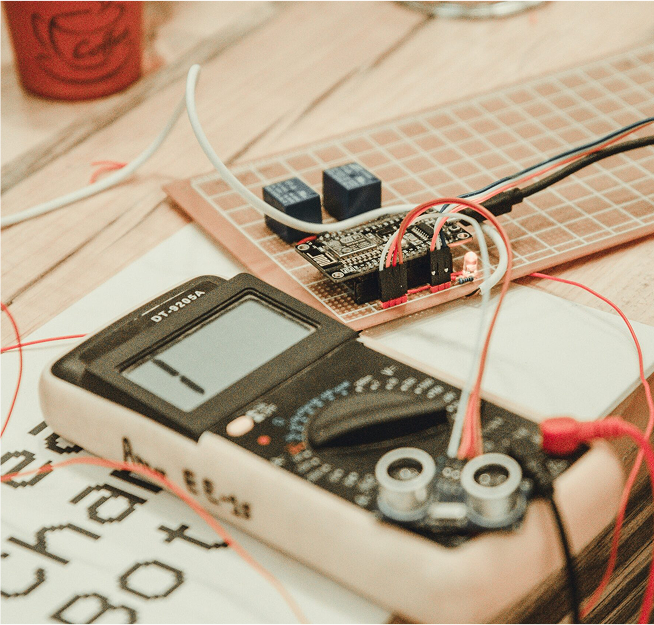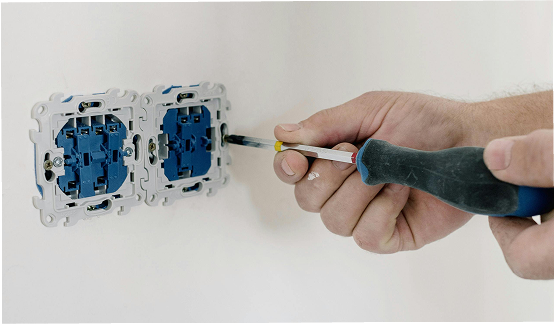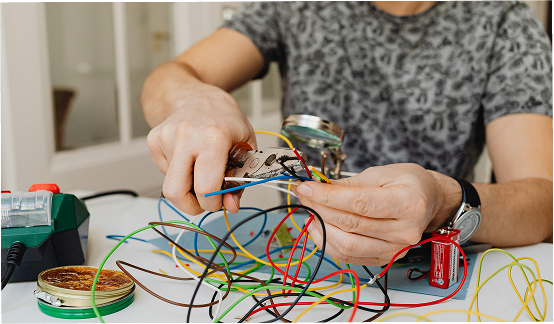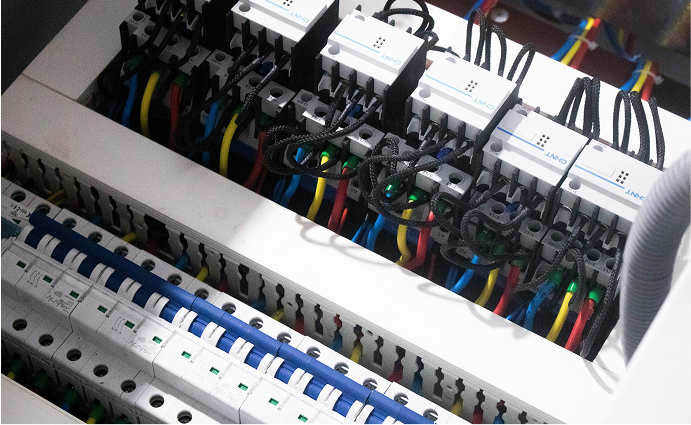
Starting from July 1st, 2020, new private rental properties in England must have their electrical systems checked by a qualified person before a tenant moves in. This is to make sure they meet the latest safety standards (known as the 18th edition wiring regulations). Landlords then need to get the system checked every five years, or more often if a safety report says so.
For existing rentals, an electrical safety check must be done by April 1st, 2021, and then regularly after that, as mentioned above.
These rules apply to all rental properties, including houses where multiple people live (HMOs), but not to lodger arrangements where the tenant shares space with the landlord or their family. These rules will replace the old ones for HMOs about electrical checks.
A “qualified person” is someone who knows how to do the checks and any extra work needed to meet safety standards.
If landlords don’t follow these rules, they could be fined up to £30,000 by the local council. If there are many problems, they could get multiple fines


You are not required to conduct Portable Electrical Appliance (PAT) Testing under this regulation, BUT… it is the landlord’s responsibility to ensure any appliance supplied by the landlord is maintained in a safe condition Failure to keep any appliance safe could result in a tenant who is injured suing the landlord for negligence.
Landlords who currently hold an HMO licence should already have PAT testing as part of their regime.
